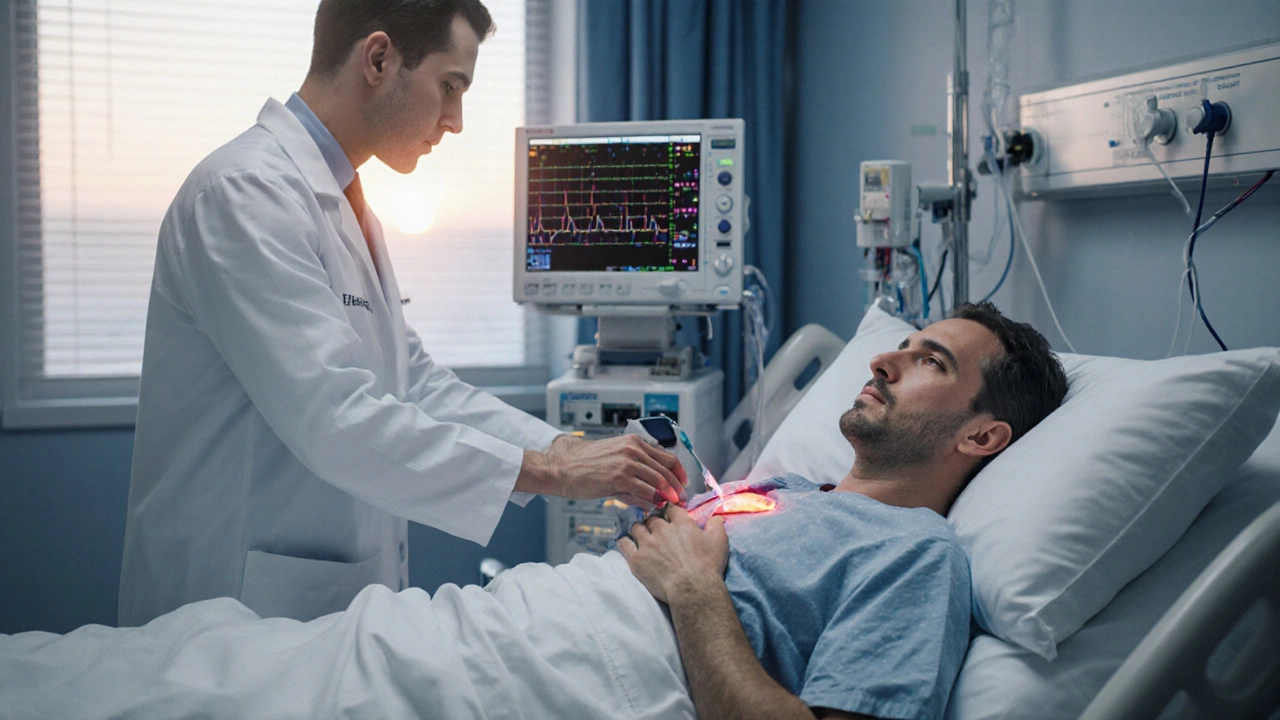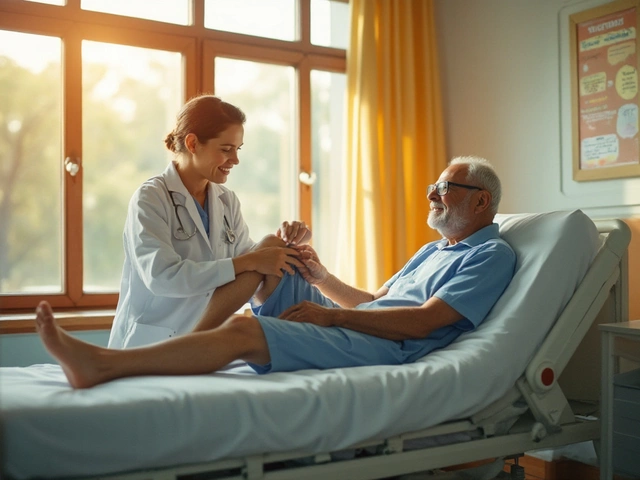Living Alone After Heart Surgery: What You Need to Know
When navigating living alone after heart surgery, the period when a patient returns to a solo household following a cardiac operation. Also known as solo post‑cardiac recovery, it brings unique challenges around safety, medication, and emotional health.
Successful heart surgery recovery, the process of regaining cardiovascular function and overall strength after an operation hinges on three core habits: steady medication management, gradual activity increase, and focused emotional wellbeing. Living alone after heart surgery demands that you master these habits without a full‑time caregiver. The first semantic link is clear: living alone after heart surgery requires effective medication management. The second: heart surgery recovery benefits from regular low‑impact exercise. The third: emotional wellbeing influences overall healing speed.
Emotional wellbeing, the mental and psychological state that affects how a patient copes with post‑operative stress often gets overlooked, yet it determines how well you stick to your medication schedule and rehab plan. Simple practices like daily breathing exercises, short journaling sessions, or a brief phone call to a friend can keep anxiety at bay. When anxiety spikes, blood pressure can rise, undoing weeks of progress—so monitoring mood is as vital as checking your pulse.
Key Areas to Focus On
Medication Management: Keep a pill organizer, set alarms, and write down each drug’s purpose. Ask your pharmacist for a printed schedule; it reduces the chance of missed doses, which can lead to complications such as arrhythmias.
Activity & Diet: Start with short walks around the house, gradually extending to the garden or block. Pair movement with a heart‑healthy diet—lean proteins, whole grains, plenty of vegetables, and limited sodium. Hydration supports blood volume, which helps the heart pump efficiently.Safety Checks: Install grab bars in the bathroom, keep a phone within arm’s reach, and use a medical alert bracelet. These items form the physical support network that compensates for the lack of a constant caregiver.
Support Networks: Even if you live alone, you’re not isolated. Join a local cardiac rehab group, schedule weekly video calls with loved ones, and consider a volunteer check‑in service. Social interaction reduces depression risk and provides an extra set of eyes for any concerning symptoms.
By weaving together medication discipline, gentle movement, emotional self‑care, and a reliable safety net, you create a balanced roadmap for recovery. Below you’ll find a curated collection of articles that dive deeper into each of these topics, offering practical tips, real‑world stories, and expert advice to help you thrive while living alone after heart surgery.

Living Alone After Open-Heart Surgery: How Long Is Safe?
Learn the safe timeline to live alone after open-heart surgery, covering medical milestones, home prep, and rehab tips for independent recovery.
read more



